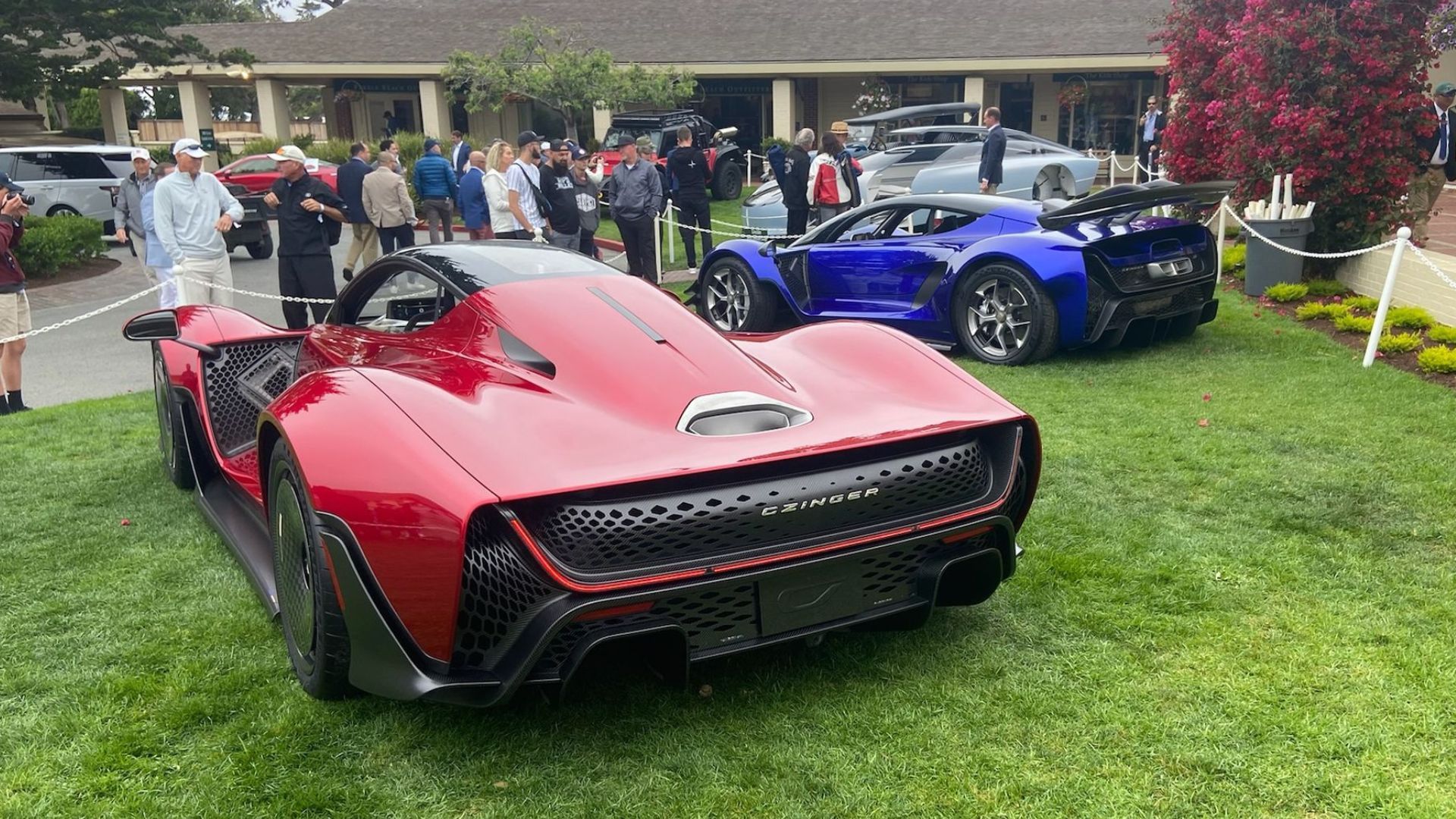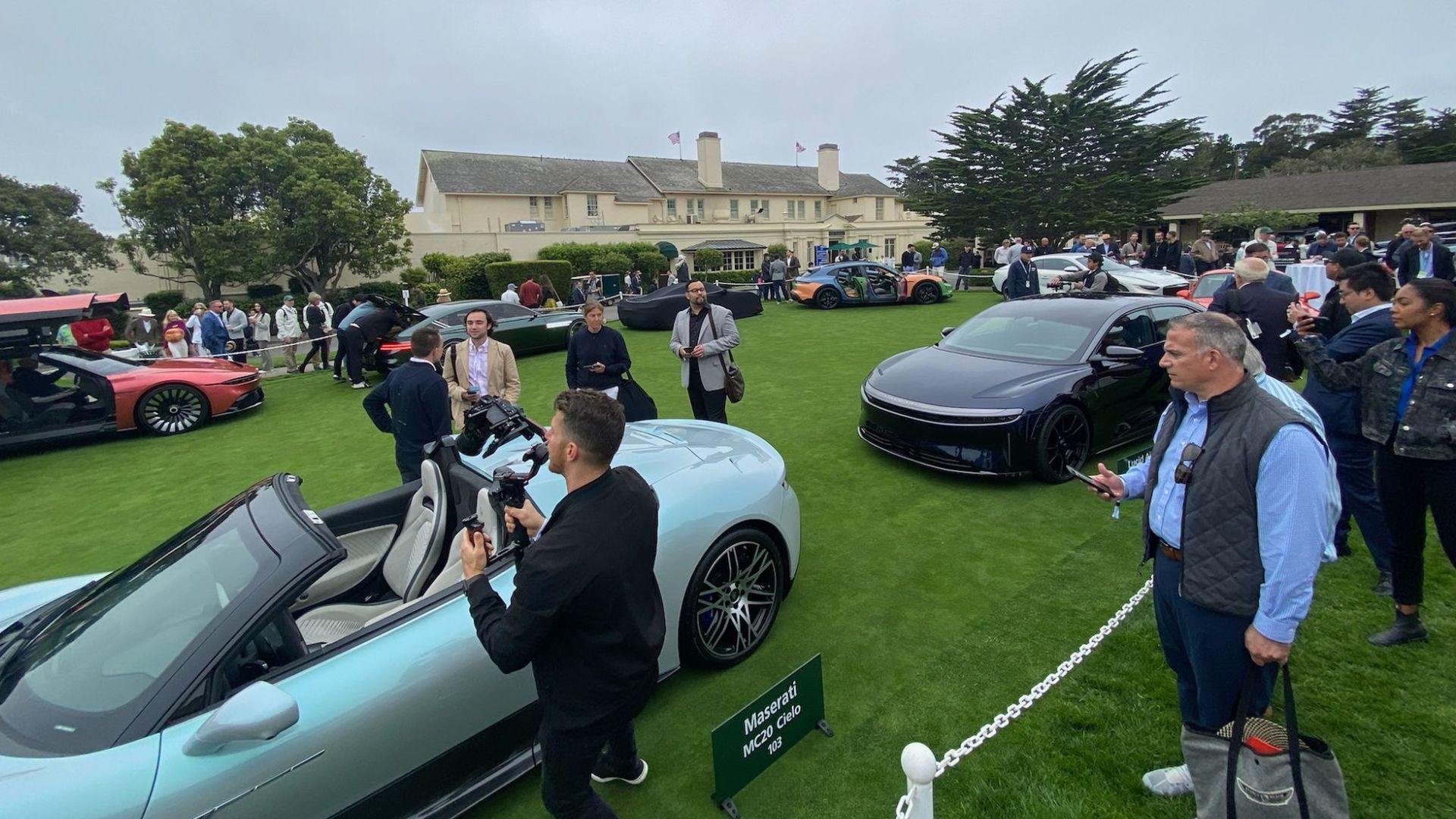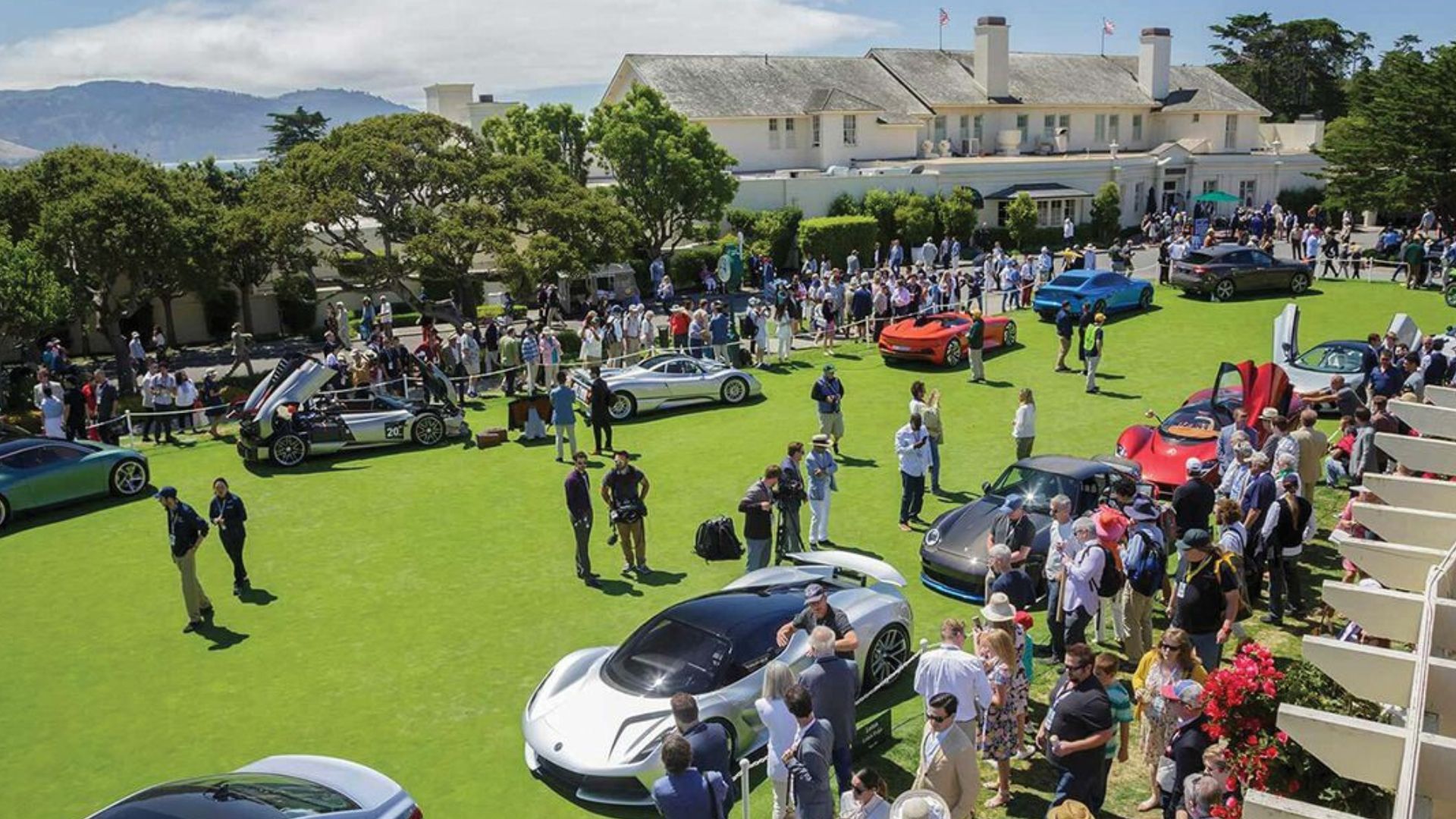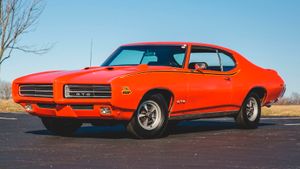Just how much longer will this keep up?
There’s been a growing debate in the collector car world which isn’t too dissimilar to debate in real estate and other markets about when or if rapid price inflation will reverse the course. If you’ve been tracking prices on certain desirable vehicles over the past several years, you might be excited at realizing the ride you’ve held onto is now worth a huge wad of cash or feel dismayed that your dream ride is further away from your grasp than ever.
Watch the latest Motorious Podcast here.
A prime example comes via a Toyota FJ Cruiser which recently sold on Bring A Trailer for $103,000. Yes, an FJ Cruiser just fetched more money than what brand new Land Cruisers sold for straight off the lot. If you’re thinking that’s crazy, congratulations you still have your head on straight. However, plenty of speculators don’t and they’re helping drive rapidly-inflating prices in at least certain sectors of the collector car market, which apparently now includes FJ Cruisers. We live in truly crazy times.

This was also potently illustrated with results from the recent Monterey Car Week auctions. When all was settled, the record from 2015 of $394.5 million in sales was absolutely obliterated this year as auction houses reported $469 million in sales. Many thought that figure would be much smaller, and even some of the more optimistic estimates were nowhere near that total. But will the meteoritic rise in prices continue?
Some believe the surge in Monterey Car Week transactions was pent-up demand thanks to the pandemic shutdowns. Others feel the main driver has been volatility in the stock market, causing investors to sink money into tangible assets like classic cars. Another reason cited for skyrocketing prices is the scarcity of both new and used cars. And there are many other theories thrown around about the current state of the market. This is just like a joke my old economics professor used to tell: seven economists in one room, 13 different opinions.

What you think will happen is intimately tied to your view of what’s going on with the economy. Some vehemently argue the United States isn’t in a recession, that employment figures indicate economic strength, and that a resurgence is coming soon. Others fear we’re entering a period of up to a decade of stagflation, a mix of inflation and economic stagnation, spelling almost certain doom for large swaths of the economy.
Obviously, those who believe in the former outlook think overall the collector car market will trend upwards. They argue that while prices have dropped in certain segments, overall they’re strong in others, and they’re not wrong about that. Those who subscribe to the latter outlook argue while that might be true, around the corner could be a period of time when collector cars fall out of favor as scarcity of basic necessities ravages the population.

It's possible both camps are wrong and there will be a middle ground result, something of a mixed bag. After all, the collector car market, like the overall economy, is a complex machine. However, there are other factors which threaten to alter the future of prices.
Take, for example, the FJ Cruiser which just sold for $103,000. While Baby Boomers might scoff at such a thing, for Gen Z buyers who are starting to flex their financial might, such a vehicle might be a dream ride. After all, we often become fascinated by the cars which were new and cool in our youth, hence why 1960s rides have reigned supreme for so long. That could be changing rapidly as Boomers enter retirement and exit the market.
There are indications Millennials and Gen Zers have an appetite for cars older than them. Some are absolutely fascinated by analog controls like window cranks, so interest in classics which are strong now could remain high. After all, prices for certain pre-war classics have only risen over time, despite some predicting the opposite.
Sources: CNBC, Bring A Trailer, The Detroit Bureau






